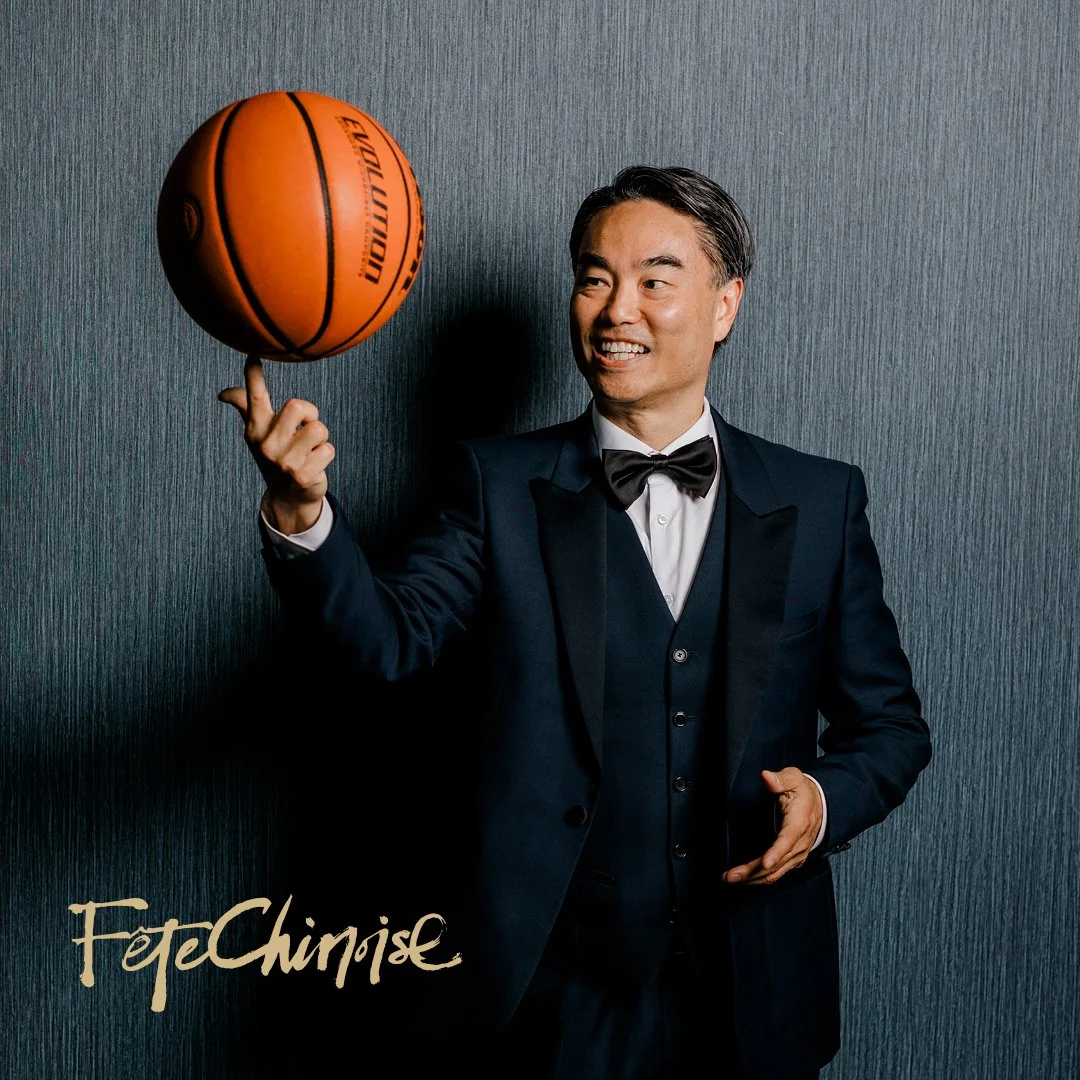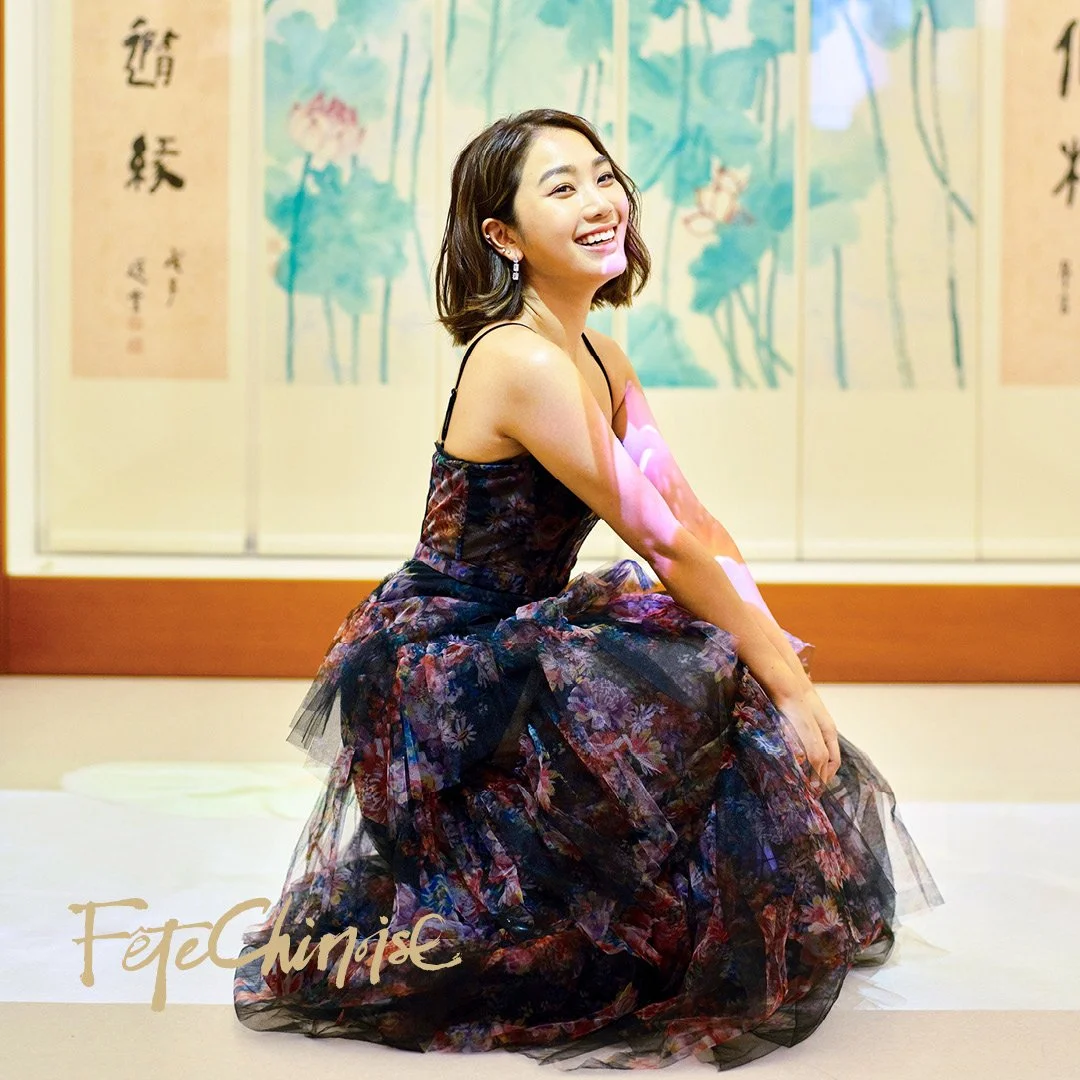Conquering Hate with Art and Love: on FORGIVENESS
By Claire Chao, author of Remembering Shanghai: A Memoir of Socialites, Scholars and Scoundrels,
winner of the Writer’s Digest Grand Prize and Rubery Book Award Book of the Year
Isabel Sun Chao, 1951
In 2008 my mother Isabel Sun Chao and I began a decade-long journey digging into our family’s past, which we recounted in our family memoir Remembering Shanghai.
My maternal grandfather Sun Bosheng was born in China in 1894, a year whose cosmological confluences portended conflict, instability and disaster. Two months before his birth, a great fire in Shanghai destroyed over one thousand buildings, and the First Sino-Japanese War broke out shortly after. By all accounts he was born with silver chopsticks; yet war, famine and political upheaval dogged him throughout his life.
My grandfather was perhaps best known for his collection of classical landscape paintings. Traditionally, after an artist completed a painting, successive collectors would add their own calligraphed tributes and red seals to commemorate their ownership.
The seals of Chinese painters and collectors reveal their inner life. My grandfather selected his studio name in his twenties. It identified him for the first time as a collector and embodied a youthful dream: xujingzhai (“humble tranquil studio”)—an imaginary place of serenity inspired by a Confucian ideal.
The sobriquets that he chose as the years passed record the derailment of a promising life: shengnian buque (“birth year not solid”) in recognition of the inauspiciousness of his birth; pomeng (“broken dreams”) and, finally, wanweng (“finished old man”) to describe a man who has lost everything.
In our memoir’s final passage, my mother, by then in her 80s, experiences a vision of my grandfather:
My intention was to go back to Shanghai to find my memories. In the end, it was my memories that found me.
Sometimes, when the night is especially dark, I dream of my father. Although it’s a cold day, he wears straw sandals and shuffles along outside our house, his gnarled hands clasping a twig broom. Above the sidewalk, dust roils in puffy clouds as if in slow motion. He looks so frail: I ache to take the broom from him. My outstretched arms almost touch it but do not reach.
Then I realize the scraggly broom is morphing into something else. It becomes a giant paintbrush, a satiny horsetail, its strands white and unbroken, free of entanglements. Diedie’s hands are young, unblemished as I remember them—fingers that can move with the fluidity of long practice, the elegance of one unused to manual labor. Behind round spectacles, his eyes crinkle as he smiles tenderly at me. He dips the brush into the inkstone and prepares to write.
If my grandfather were here today, what would he say?
Forgive.
In times of discord and exclusion, set anger to one side so your voice may be clear, determining, and reasonable. Forgive. Let this be the first step to reconciliation and healing.
sponsored by ferris wheel press.










Nine extraordinary Cartier clocks, set to be featured at Phillips' upcoming auctions in Geneva and Hong Kong, offer a unique look at the fusion of craftsmanship, design, and cultural storytelling. Spanning the 1900s to the 1940s, these timepieces reflect Cartier’s deep engagement with artistic movements and their exploration of Eastern cultural influences, particularly from China.